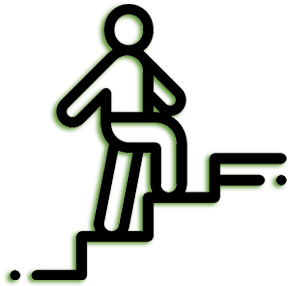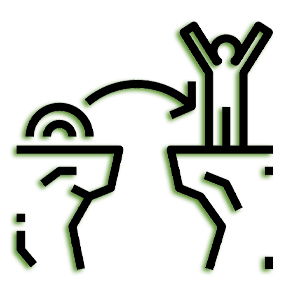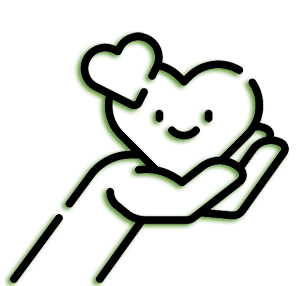STOPPING BODY SHAMING FOR THE SAKE OF TREATMENT
At CMWL we place a strong emphasis on the health benefits of losing weight and keeping it off for a lifetime. That is our first priority for anyone following the program. However, we want to pause for a moment to address a topic that has recently gained much attention in the media, and frankly it's distressing to us. That topic is body shaming....










